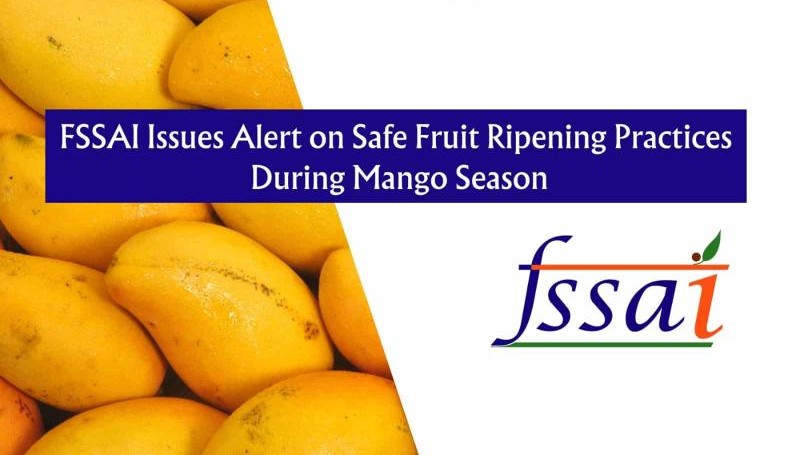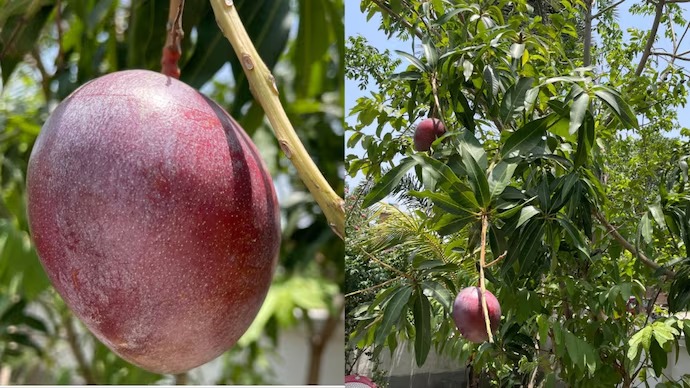
Follow WOWNEWS 24x7 on:
Updated: May 21, 2025 07:19

As a significant step to ensure public health, the Food Safety and Standards Authority of India (FSSAI) has sent an extensive mandate to all States and Union Territories to strengthen inspections and initiate special enforcement drives against illicit use of non-permitted fruit ripening agents and synthetic coatings on fruits.
The FSSAI particularly mentioned the widespread application of calcium carbide, also referred to as 'masala', for artificial ripening, which is prohibited under the Food Safety and Standards (Prohibition and Restrictions on Sales) Regulations, 2011. The regulator cautioned that the detection of calcium carbide at fruit markets, mandis, or godowns will be viewed as circumstantial evidence against Food Business Operators (FBOs), which may result in prosecution under the Food Safety and Standards Act, 2006.
The regulator also raised red flags over the unsafe practice of direct soaking of bananas and other fruits in ethephon solution for ripening. FSSAI made it clear that ethephon could be used only to produce ethylene gas and only according to the prescribed Standard Operating Procedure (SOP). A detailed guidance document, "Artificial Ripening of Fruits – Ethylene Gas: A Safe Fruit Ripener," outlines safe fruit ripening procedures.
FSSAI highlighted the serious health hazards caused by spurious agents, such as mouth ulcers, gastric irritation, and cancer-forming properties. The regulator has appealed to all concerned parties—such as FBOs, participants in the supply chain, and consumers—to be cautious and ensure only safe, legally ripened fruits find their way to the market.
Highlights:
States and UTs have been asked to increase surveillance and enforcement at fruit markets and storage centers.
Total ban on calcium carbide for ripening; the use of this chemical is reason enough for prosecution.
Synthetic coatings and unauthorized waxes are also in the dock.
Unsafe handling of ethephon solution is also in the spot; only ethylene gas through SOP is allowed.
Offenders are liable to stern penal action under FSS Act, 2006.
FSSAI appeals for vigilance right down the supply chain to ensure food safety.
Source: The Economic Times, Business Standard, FSSAI Press Release, Indian Express (May 20, 2025)



